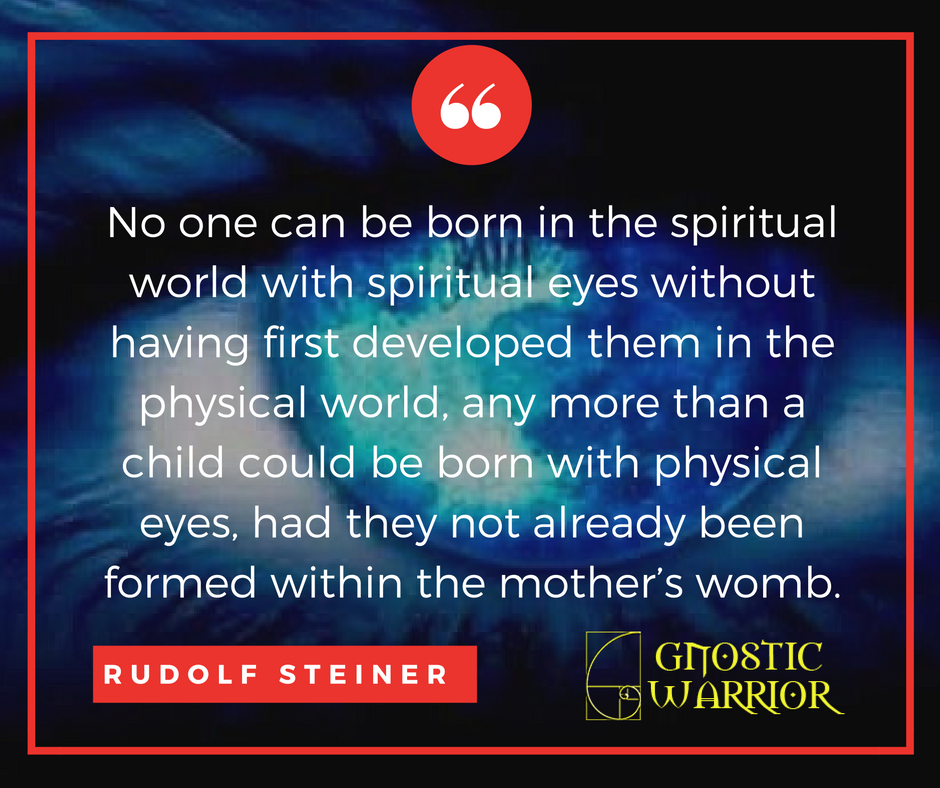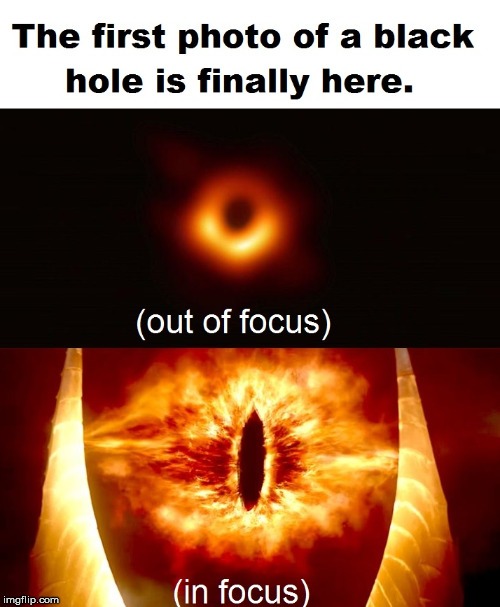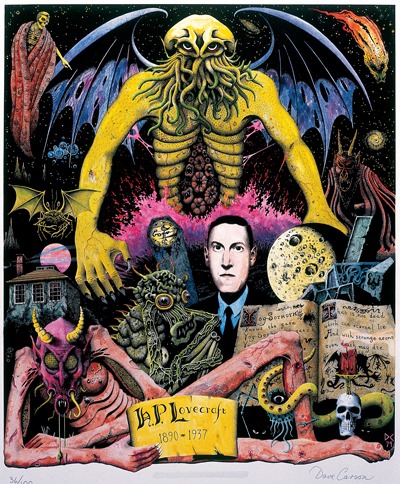Catherine Crowe discusses at considerable length the question of the power of the mind over matter, and relates, in illustration, many well-authenticated instances of the same. Among others, that most curious phenomenon called the stigmata have a decided bearing upon this point. These marks come upon the bodies of persons of all ages, and always as the result of exalted imagination. In the cases of the Tyrolese ecstatic, Catherine Emmerich, and many others, the wounds of the crucifixion are said to be as perfect as nature. A certain Mme. B. von N. dreamed one night that a person offered her a red and a white rose, and that she chose the latter. On awaking, she felt a burning pain in her arm, and by degrees there appeared the figure of a rose, perfect in form and color; it was rather raised above the skin. The mark increased in intensity till the eighth day, after which it faded away, and by the fourteenth, was no longer perceptible. Two young ladies, in Poland, were standing by an open window during a storm; a flash of lightning fell near them, and the gold necklace on the neck of one of them was melted. A perfect image of it was impressed upon the skin, and remained throughout life. The other girl, appalled by the accident to her companion, stood transfixed with horror for several minutes, and then fainted away. Little by little the same mark of a necklace as had been instantaneously imprinted upon her friend’s body, appeared upon her own, and remained there for several years, when it gradually disappeared.
Dr. Justinus Kerner, the distinguished German author, relates a still more extraordinary case. “At the time of the French invasion, a Cossack having pursued a Frenchman into a cul-de-sac, an alley without an outlet, there ensued a terrible conflict between them, in which the latter was severely wounded. A person who had taken refuge in this close, and could not get away, was so dreadfully frightened, that when he reached home there broke out on his body the very same wounds that the Cossack had inflicted on his enemy!”
In this case, as in those where organic disorders, and even physical
Page 399
death result from a sudden excitement of the mind reacting upon the body, Magendie would find it difficult to attribute the effect to any other cause than the imagination; and if he were an occultist, like Paracelsus, or Van Helmont, the question would be stripped of its mystery. He would understand the power of the human will and imagination — the former conscious, the latter involuntary — on the universal agent to inflict injury, physical and mental, not only upon chosen victims, but also, by reflex
action, upon one’s self and unconsciously. It is one of the fundamental principles of magic, that if a current of this subtile fluid is not impelled with sufficient force to reach the objective point, it will react upon the individual sending it, as an India-rubber ball rebounds to the thrower’s hand from the wall against which it strikes without being able to penetrate it. There are many cases instanced where would-be sorcerers fell victims themselves. Van Helmont says: “The imaginative power of a woman vividly excited produces an idea, which is the connecting medium between the body and spirit. This transfers itself to the being with whom the woman stands in the most immediate relation, and impresses upon it that image which the most agitated herself.”
Deleuze has collected, in his Bibliotheque du Magnetisme Animal, a number of remarkable facts taken from Van Helmont, among which we will content ourselves with quoting the following as pendants to the case of the bird-hunter, Jacques Pelissier. He says that “men by looking steadfastly at animals oculis intentis for a quarter of an hour may cause their death; which Rousseau confirms from his own experience in Egypt and the East, as having killed several toads in this manner. But when he at last tried this at Lyons, the toad, finding it could not escape from his eye, turned round, blew itself up, and stared at him so fiercely, without moveing its eyes, that a weakness came over him even to fainting, and he was for some time thought to be dead.”

Moe is the founder of GnosticWarrior.com. He is a father, husband, author, martial arts black belt, and an expert in Gnosticism, the occult, and esotericism.






